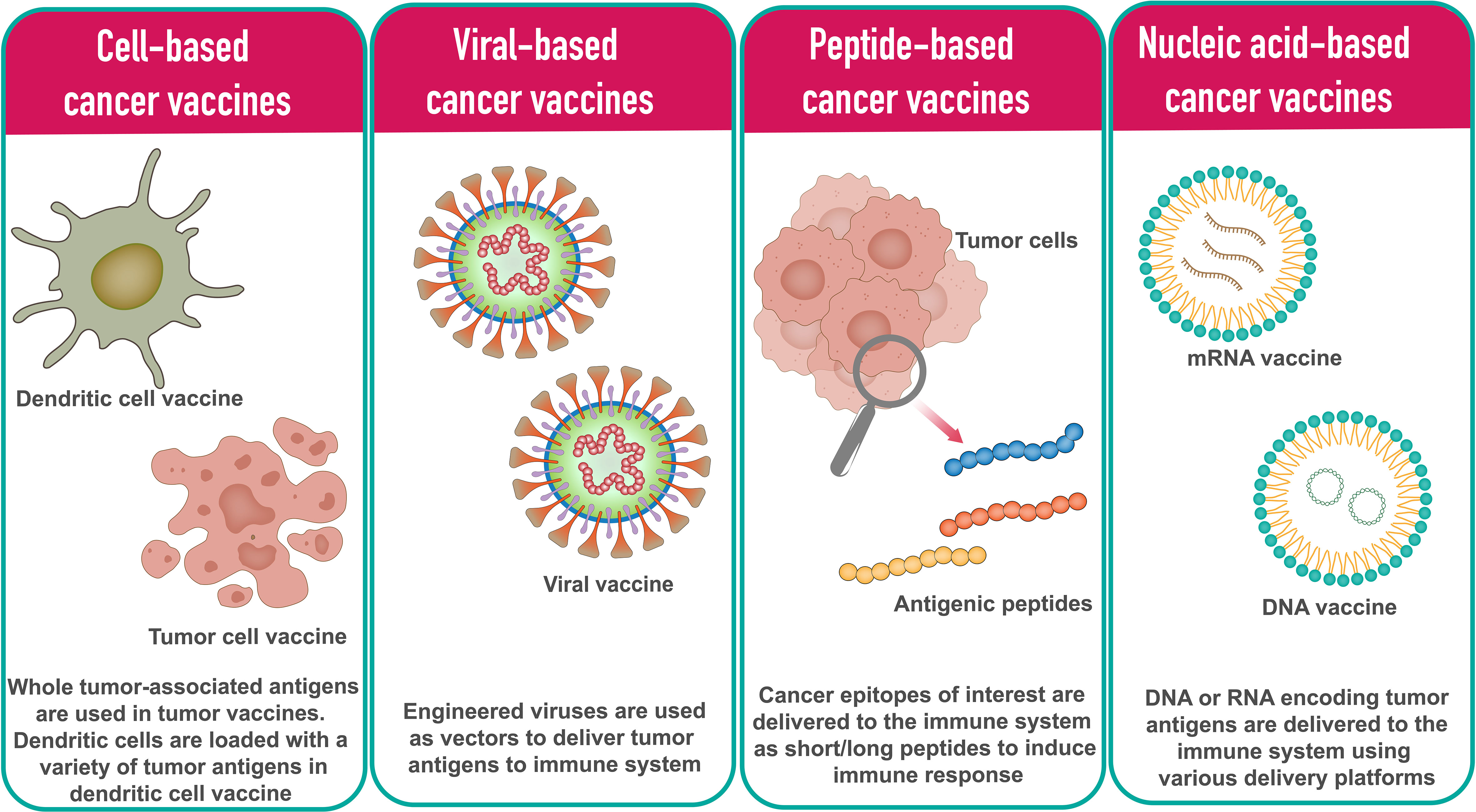 The Impact of mRNA Vaccines on Livestock Production: A Comprehensive Analysis
The Impact of mRNA Vaccines on Livestock Production: A Comprehensive Analysis
In a recent study published in the journal Vaccines, researchers at the University of Queensland have highlighted the potential of mRNA vaccine technology to revolutionize livestock production and meet the growing global food demands. Professor Tim Mahony, leading the research, emphasizes the need for the livestock industry to seize this opportunity and take advantage of the unprecedented investment in mRNA vaccination technology triggered by the COVID-19 pandemic.
One of the major challenges affecting livestock production is infectious diseases, which not only compromise the quality but also the quantity of edible protein for human consumption. Professor Mahony explains that these diseases limit productivity within livestock production systems, leading to significant losses. However, the flexibility of mRNA vaccines makes them ideal for addressing this issue as new disease variants are discovered.
Traditionally, developing vaccines for complex diseases like bovine respiratory disease required creating separate vaccines for each individual pathogen. However, with mRNA vaccines, it becomes possible to select and include multiple pathogens in a single vaccine. This approach offers a more efficient way to combat diseases, reducing losses and increasing productivity in the livestock industry.
The economic impact of disease-related losses in the livestock industry is staggering. A report commissioned by HealthforAnimals estimates that the industry loses a whopping $882 million per day due to productivity losses. This not only affects the profitability of farmers and producers but also has significant implications for global food security. Even a small reduction in cattle losses caused by diseases could supply enough food to feed millions of people. Moreover, a 10% reduction in losses could lead to substantial reductions in greenhouse gas emissions, contributing to a more sustainable agricultural sector.
However, there are still challenges to overcome before mRNA vaccines can be widely adopted in livestock production. Professor Mahony highlights the need to identify protective antigens for neglected diseases, as this knowledge gap hinders progress in developing effective vaccines. Currently, there are no approved mRNA vaccines for animals used in food production, and the approval process will involve multiple agencies to ensure consumer safety.
Developing mRNA vaccines for ruminants and other livestock presents the biggest challenge for governments, peak industries, and veterinary health companies. The success of the COVID-19 mRNA vaccines has demonstrated the power of pooling resources and expertise to achieve rapid results. It is essential that stakeholders in the livestock industry come together to harness these advances in vaccine technology and combat key diseases affecting production.
In conclusion, the potential impact of mRNA vaccines on livestock production is immense. By leveraging the flexibility of mRNA vaccines, the livestock industry can significantly reduce losses caused by infectious diseases, increase productivity, and contribute to global food security. However, further research and collaboration are needed to overcome challenges and ensure the safety and efficacy of mRNA vaccines for livestock use. With concerted efforts and investment, the livestock industry can tap into the power of mRNA vaccine technology and pave the way for a more efficient and sustainable future.

